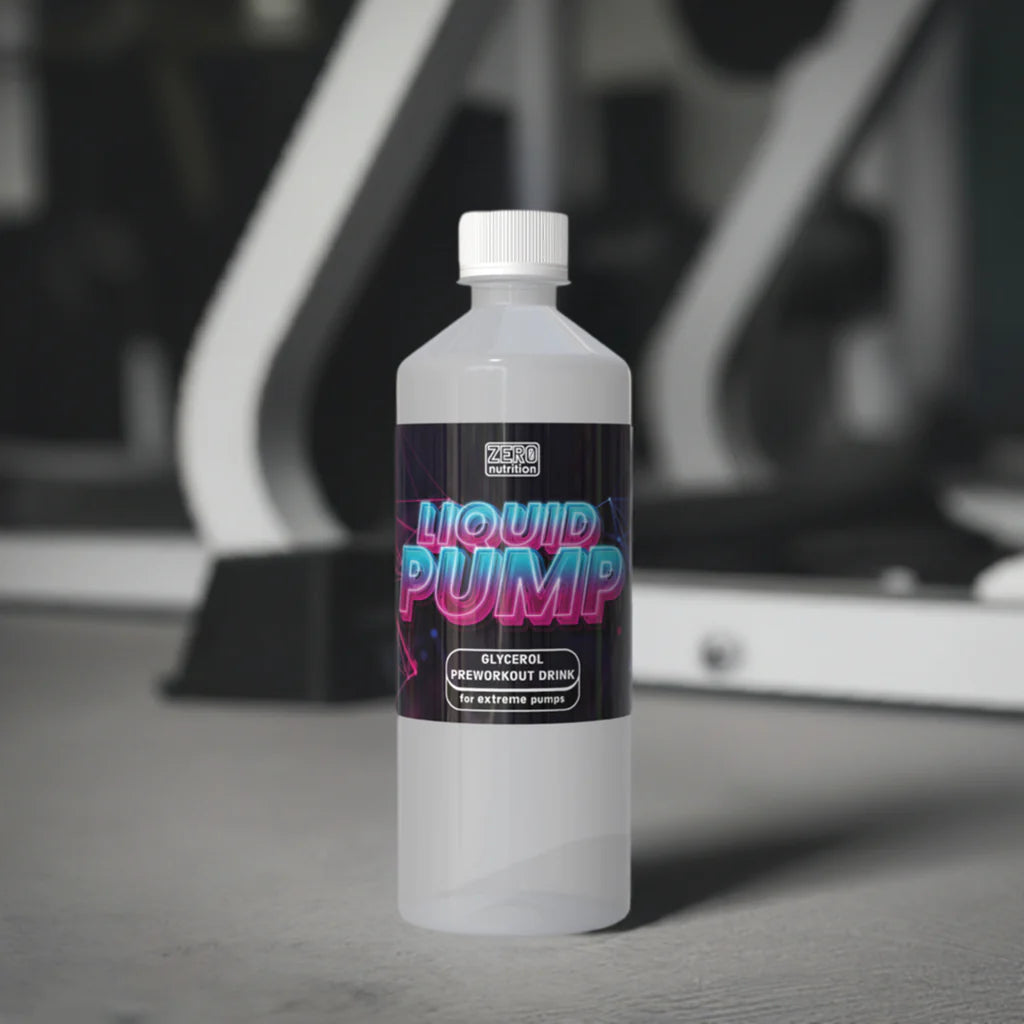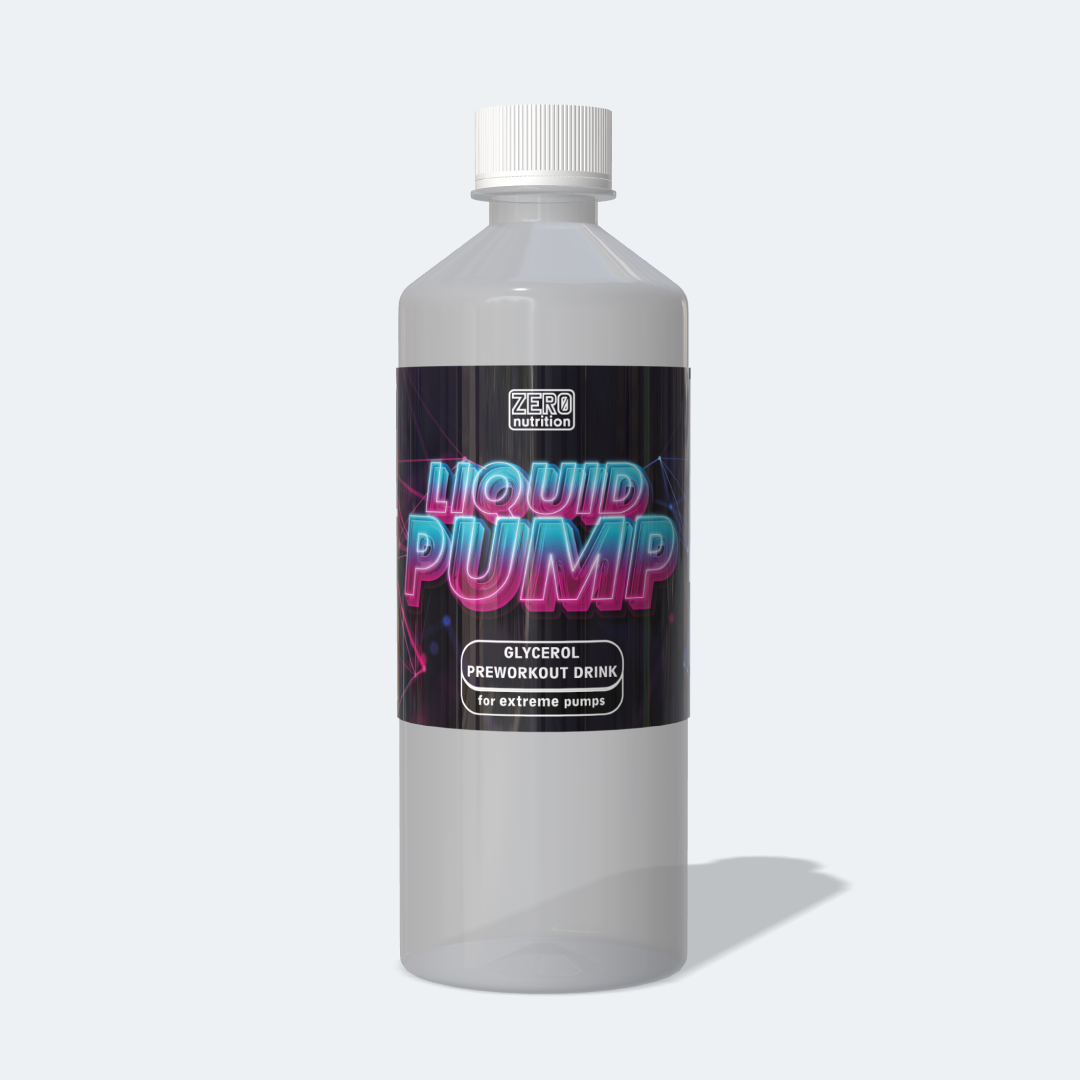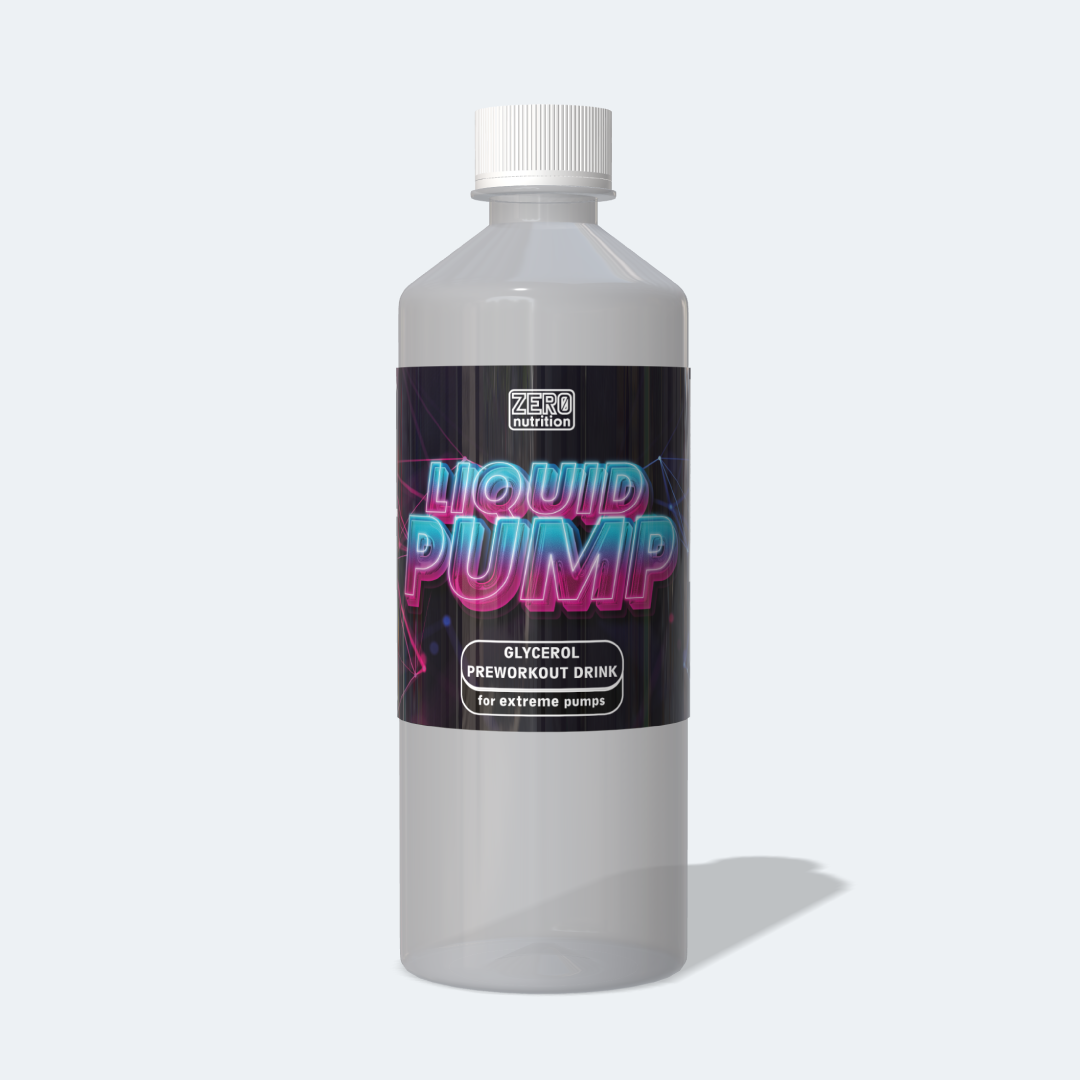What is Glycerol?
Glycerol is a simple molecule composed of three carbon atoms, eight hydrogen atoms, and three oxygen atoms (C3H8O3). It is naturally produced in the body during the metabolic breakdown of foods such as glucose, proteins, and fats. Additionally, glycerol can be synthesized chemically from propylene and used safely in various products, including foods and supplements.
Chemical Composition and Bioactivity
In the body, glycerol serves as a backbone for triglycerides, which are the main form of stored fat. It plays a crucial role in several metabolic pathways, including gluconeogenesis, where it helps maintain blood glucose levels during fasting or low-carbohydrate intake. This process ensures that the body can produce glucose even in the absence of dietary carbohydrates.
The Role of Glycerol in Hydration
Hydration is critical for optimal athletic performance, and glycerol significantly enhances the body's ability to retain water. When ingested, glycerol is quickly distributed throughout bodily fluids, raising osmotic pressure and increasing the overall volume of water the body holds. This state, known as hyperhydration, helps maintain high levels of hydration, especially during prolonged or intense exercise.
Mechanism of Action
Glycerol works by increasing osmotic pressure in bodily fluids, which promotes water retention and movement across cell membranes. This helps keep muscles hydrated, reduces fatigue, and improves endurance. For athletes, this means they can train harder and longer without feeling as fatigued.
Benefits of Glycerol Supplementation
Enhanced Hydration
Glycerol helps athletes maintain hydration levels more effectively than water alone. Studies have shown that athletes who consume glycerol before exercise experience less dehydration and maintain higher levels of hydration throughout their activity. This is particularly beneficial in endurance sports and activities performed in hot environments.
Improved Endurance and Performance
By maintaining higher levels of hydration, glycerol allows athletes to perform at their peak for longer periods. Enhanced hydration helps prevent the onset of fatigue, allowing for sustained performance during long training sessions or competitions.
Cardiovascular Efficiency
Glycerol supplementation has been linked to improved cardiovascular efficiency. By keeping the body well-hydrated, glycerol helps maintain blood volume and pressure, which can enhance cardiovascular function during exercise.
Thermoregulation
Glycerol helps regulate body temperature by improving hydration and enhancing the body's ability to dissipate heat. This is particularly important during intense physical activity in hot conditions, where maintaining an optimal body temperature is crucial for performance and safety.
Cellular Volumization
Glycerol's ability to increase water retention leads to better cellular volumization, often referred to as "pumps" in the bodybuilding community. This effect not only enhances muscle appearance but also supports muscle function and recovery.
Practical Application and Dosage
Glycerol can be consumed in various forms, including liquid and powder. However poor water solubility often results in a clumpy mixture for pre-workout doses >5g. For this reason many athletes prefer liquid glycerol supplements like Liquid Pump, which offer a more palatable option. The recommended dosage varies based on the athlete's size, goals and training intensity, but a common starting point for body building and muscle pump purposes is a dose of 10-30g consumed pre-workout with plenty of water. Maintaining hydration throughout the day ahead of your session will help to get the most out glycerol supplementation.
Synergy with Other Supplements
Glycerol works well in combination with other supplements such as sodium, creatine, betaine, and taurine. For optimal results, it should be consumed with plenty of water to maximize its hydrating effects. Combining glycerol with creatine and glucose can further enhance hydration and performance, making it a powerful addition to any athlete's supplement regimen.
Conclusion
Glycerol is a highly effective sports supplement that offers multiple benefits, from enhanced hydration and endurance to improved cardiovascular efficiency and thermoregulation. By understanding the science behind glycerol and its practical applications, athletes can leverage this versatile ingredient to boost their performance and achieve their fitness goals.
Stay hydrated, train hard, and consider adding glycerol to your pre-workout routine for better results!







